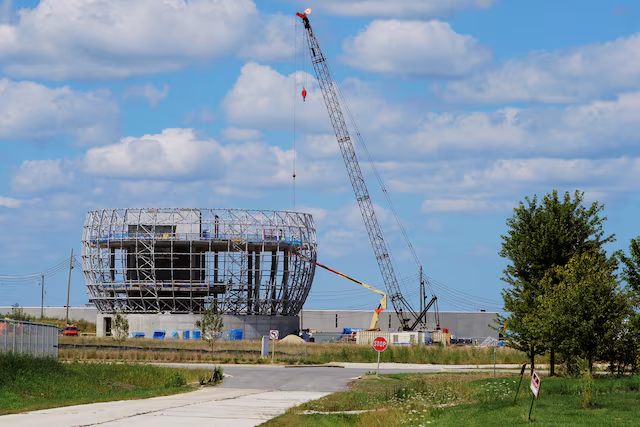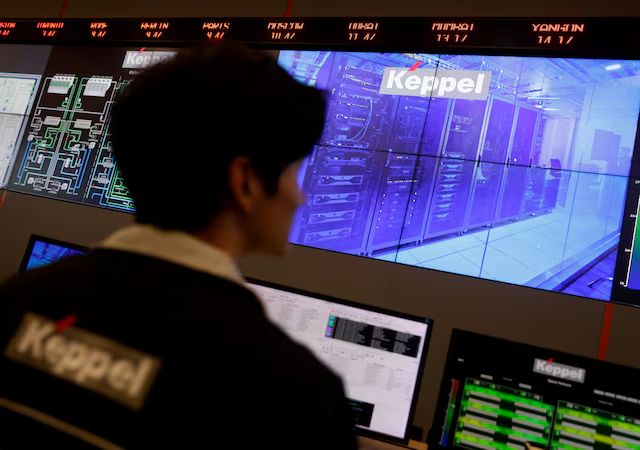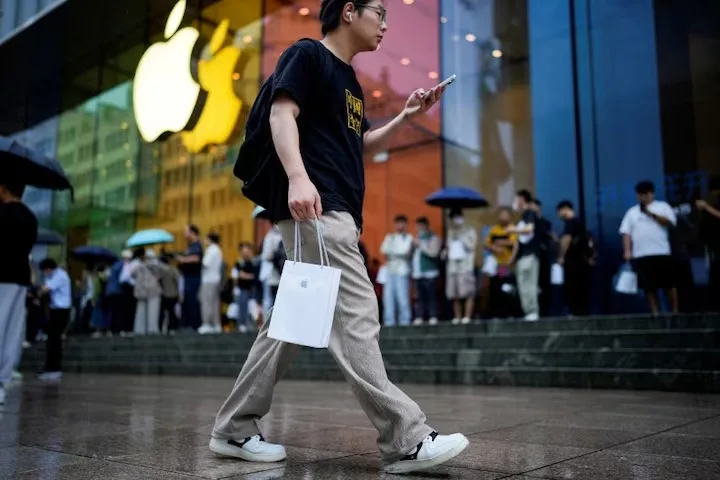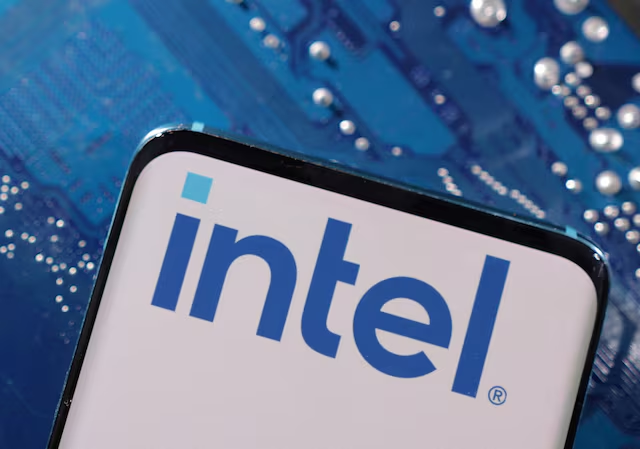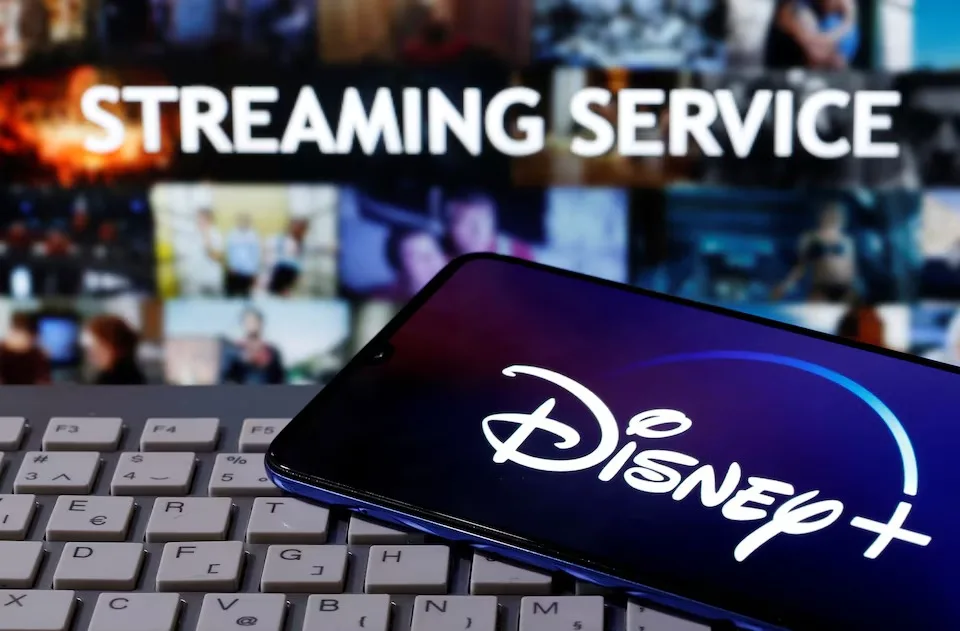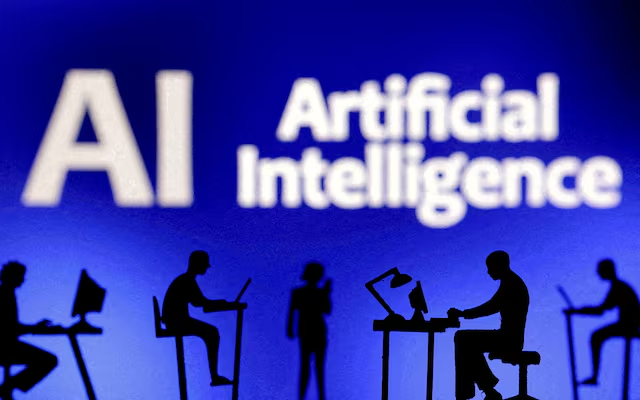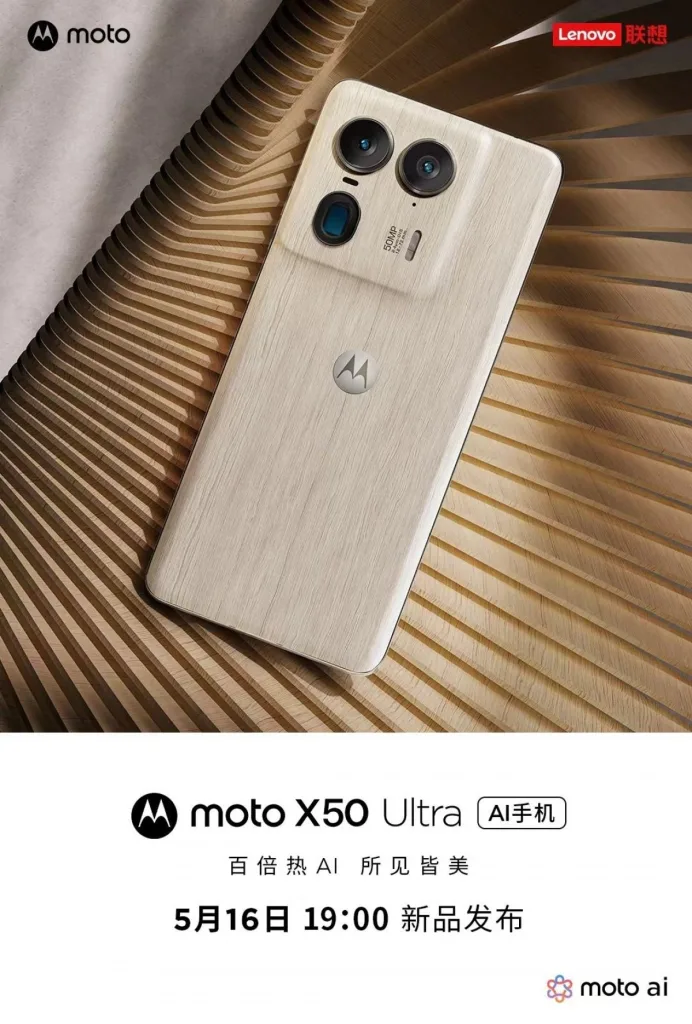China’s Premier Li Qiang used his address at a World Economic Forum meeting in Dalian to respond to accusations from the U.S. and EU that Chinese companies benefit from unfair subsidies and are set to flood their markets with inexpensive green technologies.
Li’s remarks come as China and the European Union prepare for technical talks regarding proposed tariffs on Chinese-made electric vehicles (EVs) imported into the 27-nation bloc, following the United States’ recent imposition of steep tariff increases on various Chinese imports, including EV batteries, in May.
Brussels’ trade policy has become more protective and aligned with Washington due to concerns that China’s production-focused development model could lead to an influx of inexpensive goods as Chinese companies seek to increase exports amid weak domestic demand.
Beijing has warned Brussels that it risks escalating the trade conflict with Beijing—which began with Washington’s initial import tariffs in 2018—and has launched an anti-dumping investigation into EU pork imports following the EU’s tariff decision.
China insists that it chose to invest in green technologies early on and that the West’s actions are unjustified.
“China has made significant progress in producing these cars at low cost… so it is a lesson for us to get our act together and improve,” said Benoit Boulet, professor of electrical and computer engineering at McGill University, on the summit’s sidelines. “It’s seen as a threat initially, but eventually, Chinese cars will come to North America.”
Chinese officials and analysts have consistently rejected claims of overcapacity or unfair subsidies, asserting that as the $18.6 trillion economy recovers, supply will better match demand.

